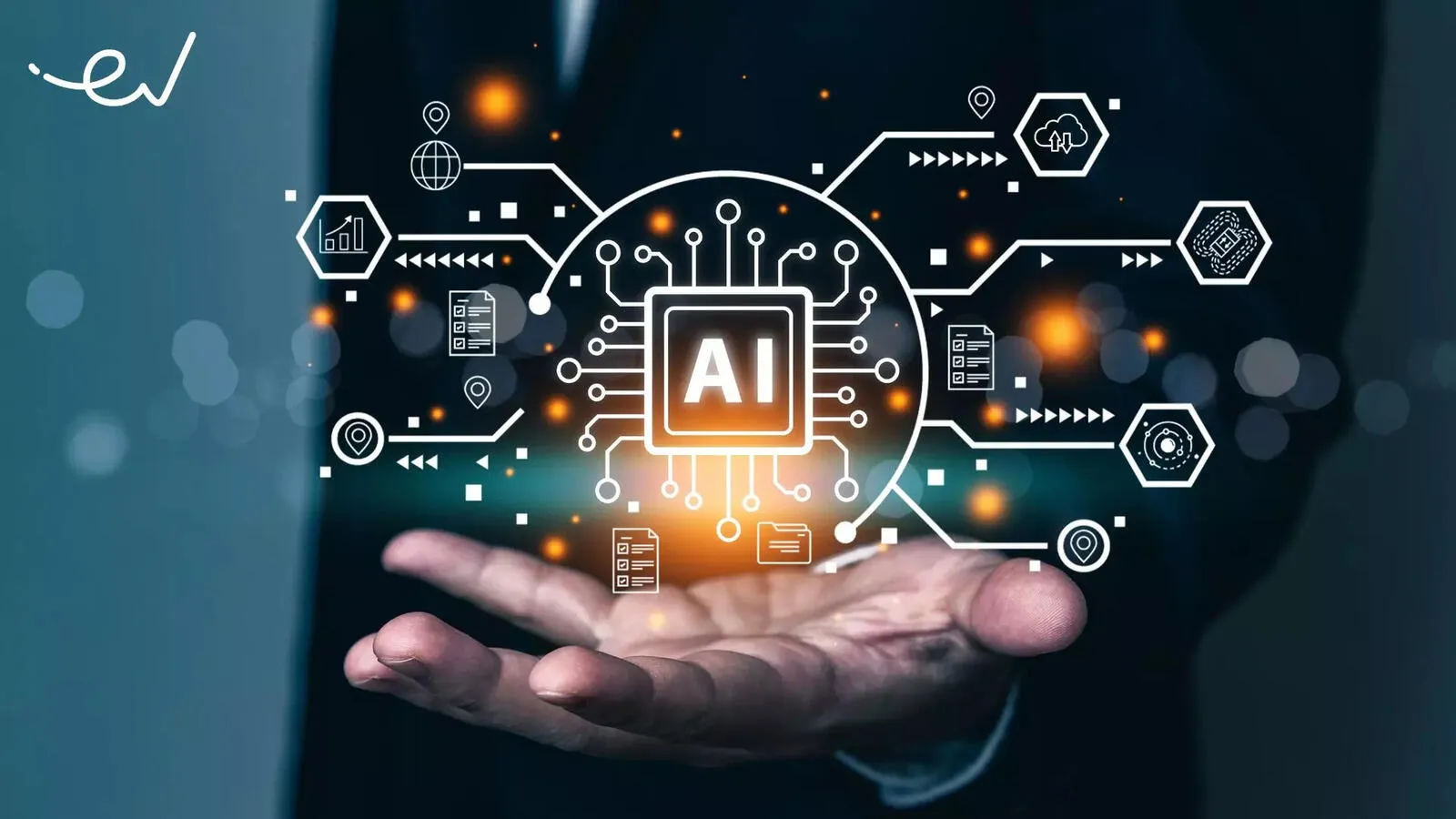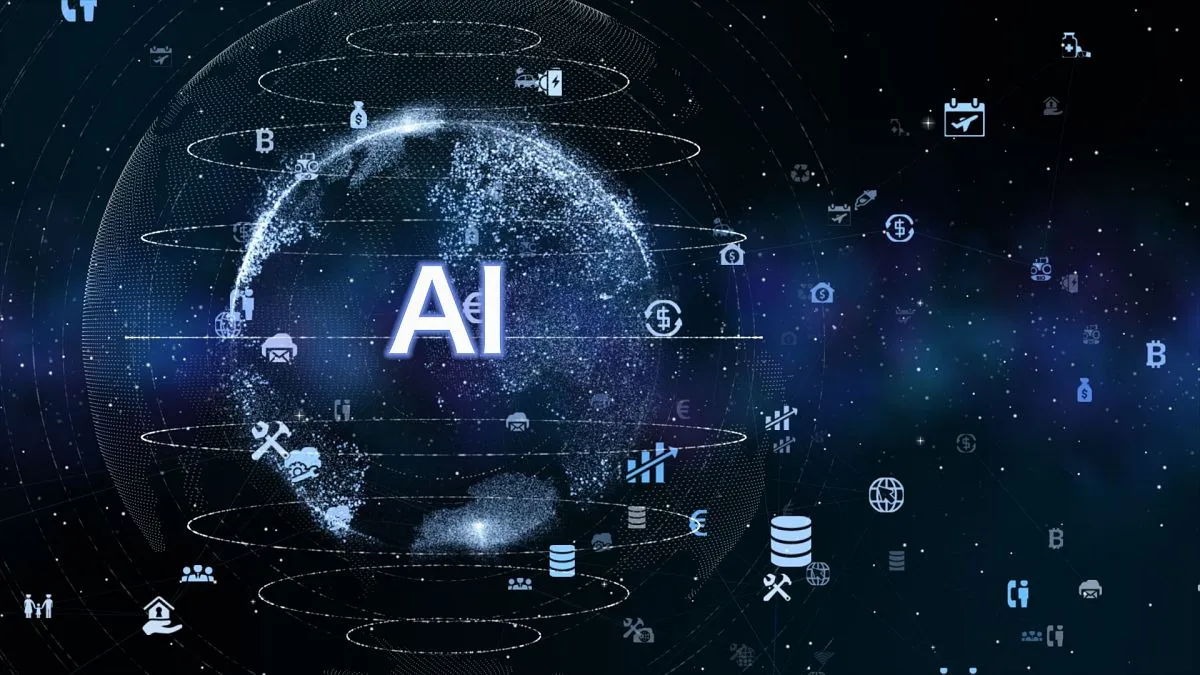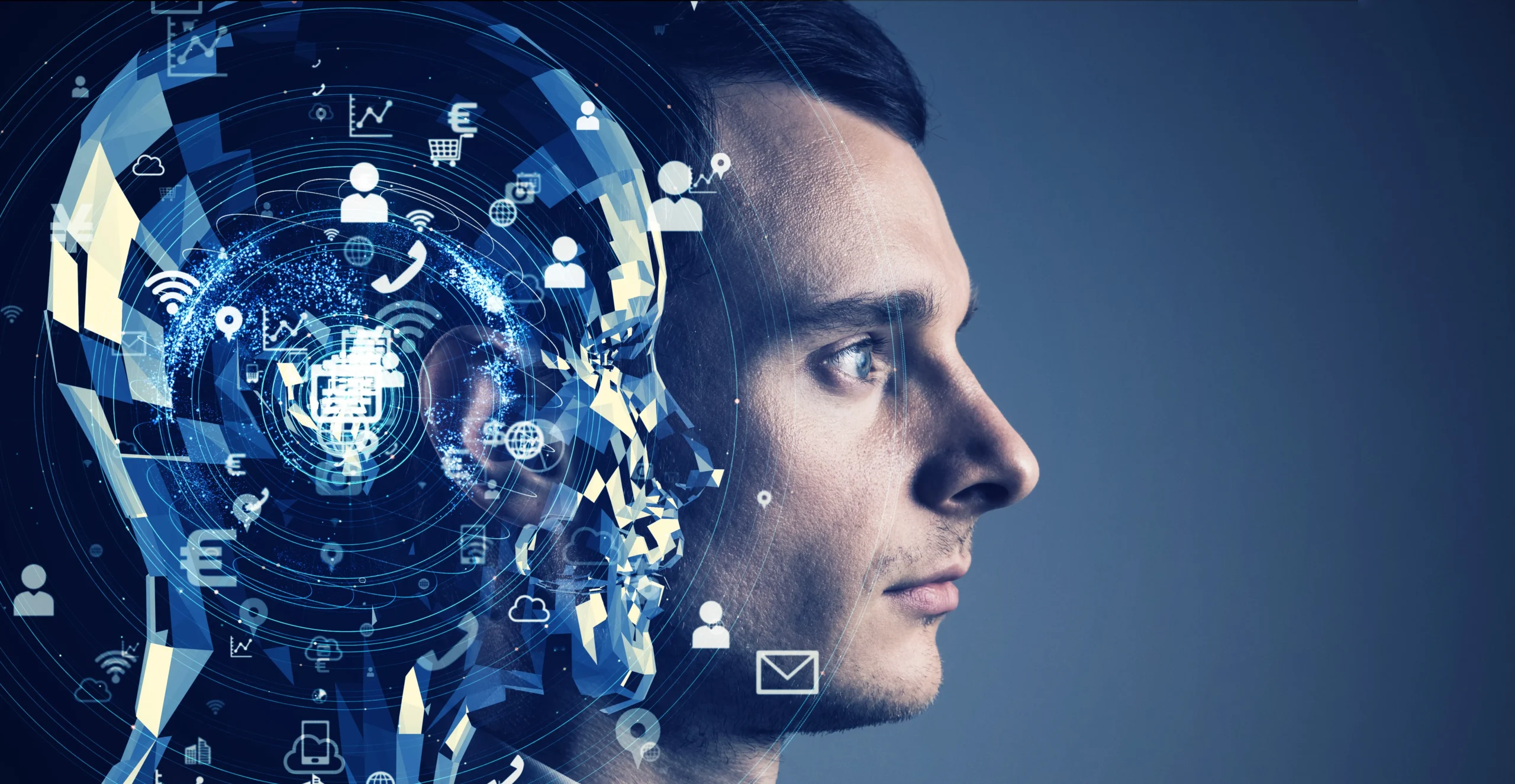Artificial intelligence (AI) is advancing at an astonishing pace, and it’s set to revolutionize the job market. The big question is: which jobs are most vulnerable, and how soon will these changes take place? As the U.S. navigates economic uncertainty, a $36 trillion debt, and rising global tensions, the impact of AI’s rise becomes even more pressing for workers across various sectors.

By 2050, reports from major organizations like PwC, McKinsey, and the World Economic Forum predict that AI will fundamentally alter the workforce. Up to 60% of current jobs will require significant adaptation due to automation and intelligent systems. This means that workers should start considering how to future-proof their careers—by investing in critical skills, embracing digital fluency, and preparing for roles that AI won’t easily replace.
The Transformation Window: How Quickly Will AI Disrupt Jobs?
Experts are closely monitoring the pace of AI adoption, with estimates varying on when AI will disrupt most jobs. Some predict a transformative window of 10 to 30 years, while others believe that the disruption could unfold much sooner. McKinsey forecasts that by 2030, 30% of U.S. jobs could be automated, with AI significantly altering 60% of jobs. Goldman Sachs takes a more aggressive stance, estimating that 50% of jobs could be fully automated by 2045, driven by innovations in generative AI and robotics.
This shift is already visible, particularly in industries like finance, legal services, and other white-collar roles. The rate of adoption depends on factors such as technological advancements, regulatory frameworks, and economic incentives. Hedge fund billionaire Bill Ackman argues that the pressure on corporations to adopt AI will accelerate, shrinking the timeline for massive job disruptions.
Despite the rapid growth in AI, some sectors will remain more resilient. Jobs in labor-intensive industries such as construction, skilled trades, installation, and repair are least likely to be automated in the short term.
Jobs Likely to Be First Affected by AI
AI’s influence will not be felt evenly across all sectors. Jobs that require repetitive tasks or are based on simple data processing are most at risk in the near term. Data entry, customer service, and administrative roles are already being replaced by AI-powered tools like chatbots and robotic process automation.

According to a 2024 study by the Institute for Public Policy Research, up to 60% of administrative tasks are automatable. These tasks, involving repetitive data processing and back-office functions, are already being streamlined by AI at companies like BlackRock, which is utilizing AI to cut costs and improve efficiency.
High-Risk Roles: Finance, Legal, and Creative Fields
Certain job categories are more vulnerable than others. In finance, bookkeeping, financial modeling, and basic data analysis are being automated. AI platforms like Bloomberg’s Terminal have already proven to be faster and more efficient at crunching numbers and generating reports. As a result, up to 20% of analytical roles at JPMorgan could be at risk by 2030, with similar trends expected in other financial institutions.
The legal field is also feeling the effects of AI. Paralegal work, contract drafting, and legal research are prime targets for automation. AI tools like Harvey and CoCounsel are already performing document analysis with remarkable accuracy—up to 90%. According to a 2025 Stanford study, these tools are reshaping the way legal professionals handle vast amounts of data and case documentation.
Creative fields are not immune to AI disruption either. A 2024 Pew Research Center report suggests that 30% of media jobs could be automated by 2035, particularly in fields like copywriting, graphic design, and basic journalism. AI platforms like DALL-E and GPT-derived tools are already producing content at scale, raising concerns about the future of creative jobs.
Complex Roles: AI’s Dual Role in Engineering and Medicine
AI’s impact on complex fields like software development, engineering, and medicine is more nuanced. While AI is enhancing productivity in programming and design, it’s also automating routine coding and basic design tasks. According to the World Economic Forum, up to 40% of programming tasks could be automated by 2040, potentially leading to job displacement in certain areas.

However, jobs requiring complex problem-solving, breakthrough research, or high-level innovation will continue to depend on human expertise. Fields like cybersecurity, which complement AI technologies, are expected to see growth, while standardized STEM tasks will gradually be automated.
In healthcare, roles like diagnostic AI and robotic surgery are advancing quickly, but patient-facing jobs, such as nursing, therapy, and social work, are much harder to automate. These roles rely on human empathy, trust, and judgment—qualities that AI cannot replicate. A 2023 Lancet study found that while 25% of medical administrative tasks could be automated by 2035, patient care will remain a human-driven field for the foreseeable future.
The Future of Teaching and Leadership: AI’s Limits
In the education sector, the roles that require emotional intelligence, creativity, and adaptability will remain largely human-driven. Teaching jobs in areas like philosophy, early childhood education, and nuanced fields of study will not be easily replaced by AI. According to a 2024 OECD report, only 10% of teaching tasks are automatable by 2040, and the role of educators will continue to evolve alongside technology.
Similarly, high-level management positions, which require strategic thinking, leadership, and the ability to navigate ambiguity, will remain human-centric. AI may assist with decision-making, but it will not replace the human element that drives organizations forward.
Preparing for the Future: What Workers Should Do Now
As AI continues to shape the job market, workers must start preparing for the inevitable changes. Experts advise investing in skills that AI cannot easily replicate, such as critical thinking, emotional intelligence, and adaptability. Sectors like healthcare, education, and cybersecurity are expected to remain AI-resilient, making them good targets for retraining efforts.

Additionally, as Ray Dalio points out, workers who prepare now will have a hand in shaping the world of tomorrow. Workers should also advocate for retraining programs that help ease the transition to a more AI-integrated workforce.
While AI will disrupt many industries, there is hope for workers who are willing to adapt and embrace change. The jobs that require creativity, emotional intelligence, and complex problem-solving will continue to rely on human skills. As AI takes over repetitive tasks, workers will need to focus on roles that complement the technology, ensuring that they remain indispensable in an increasingly automated world.
By focusing on AI-resistant sectors, acquiring new skills, and embracing the future of work, workers can position themselves for success in a world where AI is a powerful ally, not a replacement.










